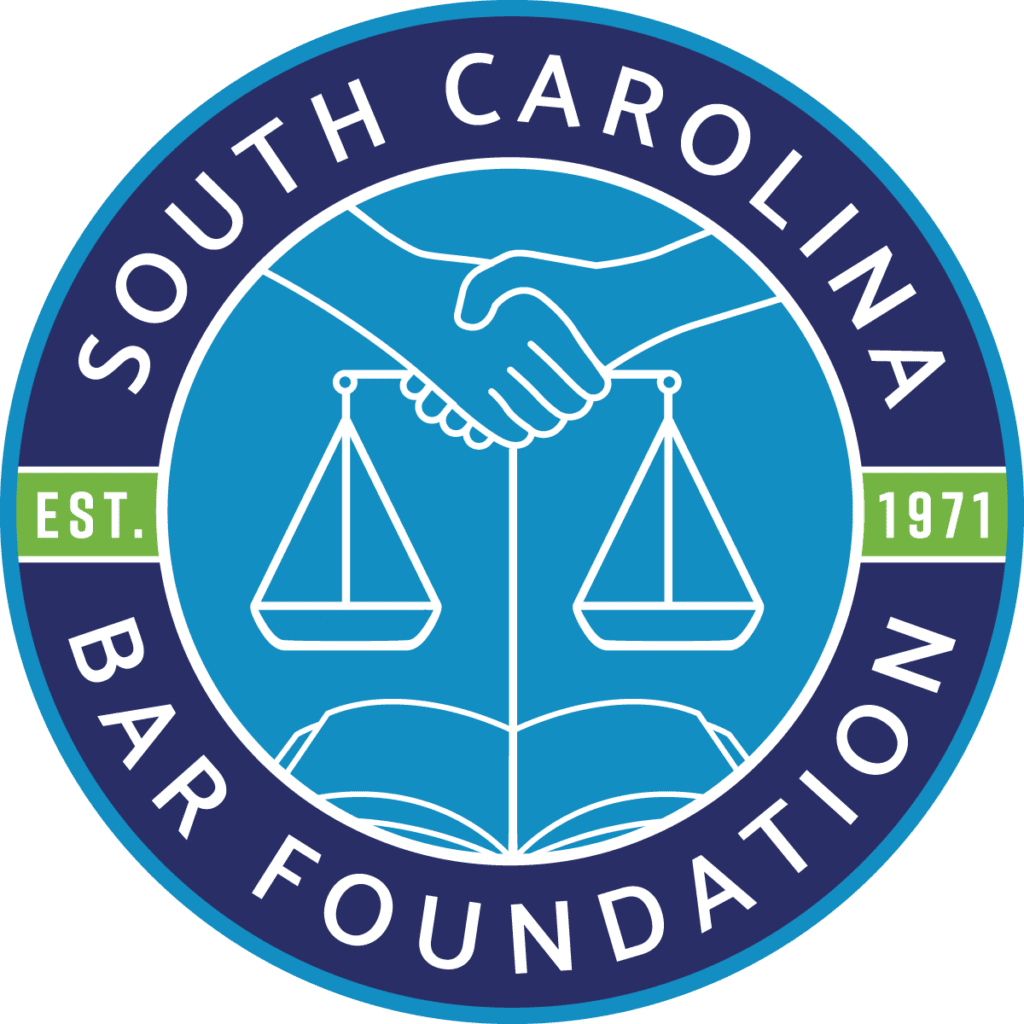IOLTA
Attorney Portal
This portal provides South Carolina attorneys with the forms, guidance, and resources needed to manage Interest on Lawyers’ Trust Accounts (IOLTA) in compliance with Rule 412, SCACR. Attorneys can open, register, or close IOLTA accounts, review account requirements, and find answers to frequently asked questions about exemptions, reporting, and responsibilities.
Financial Institution Portal
This portal provides financial institutions with the tools and information required to support South Carolina’s IOLTA Program under Rule 412, SCACR. Banks and credit unions can access remittance and compliance forms, review interest rate guidelines, and explore answers to common questions about account setup, service charges, tax implications, and reporting.
What is IOLTA?
IOLTA is an acronym for Interest on Lawyers’ Trust Accounts.
Clients often transfer money to an attorney to hold. When the amount of money is large or if the funds will be held for a long period of time, lawyers invest those funds for the benefit of the client; the interest earned belongs to the client.
But when the funds are small or expected to be held for a short time, the money cannot earn interest on its own. The IOLTA program allows attorneys to pool those funds to generate interest collectively. Because the interest does not belong to any one client, it is without an “owner.” The IOLTA Program resolves this issue by sending the interest to the Foundation, which distributes the funds as grants to a variety of initiatives that support the justice system.

IOLTA-Eligible Financial Institutions
Several participating banks and credit unions pay interest on IOLTA funds above Rule 412’s requirements. The SC Bar Foundation is grateful for their generosity.
Prime Partners
Pay interest based on an index rate equal to 75% of the Federal Funds Target Rate or 0.75%, whichever is higher.
Benchmark Institutions
The following institutions pay interest on IOLTA accounts based on an index rate equal to 65% of the Federal Funds Target Rate or .65%, whichever is higher.
- Bank of Clarendon
- Bank of Greeleyville
- Metropolitan Commercial Bank
- Bank of Travelers Rest
- Encore Bank
- Esquire Bank
- Huntington National Bank
- Southern Bank
- Thomasville National Bank
Other Eligible Institutions
Certified by the SC Bar Foundation to hold IOLTA funds.
- Abbeville Savings & Loan
- Ameris Bank
- Anderson Brothers Bank
- Arthur State Bank
- Bank of America
- Bank of the Lowcountry
- Bank of South Carolina
- Bank of York
- Beacon Community Bank
- Blue Ridge Bank
- Capital Bank
- Citibank
- Coastal Carolina National Bank
- Coastal States Bank
- Community First Bank
- Conway National Bank
- Countybank
- Dedicated Community Bank
- Dogwood State Bank
- Enterprise Bank of SC
- Farmers & Merchants Bank of SC
- Fifth Third Bank
- FineMark Bank
- First American Trust
- First Bank
- First Capital Bank
- First Citizens
- First Community Bank
- First Federal Bank of Florida
- First Federal Bank of SC
- First National Bank of Pennsylvania
- First Palmetto Bank
- First Piedmont
- First Reliance Bank
- HomeTrust Bank
- JP Morgan Chase
- MVB Bank
- Oconee Federal Saving & Loan
- Optus Bank
- Palmetto State Bank
- Pee Dee Federal Savings Bank
- Pickens Savings & Loan Association
- PNC Bank
- Regions Bank
- ServisFirst Bank
- South Atlantic Bank
- South State Bank
- Southern First Bank
- Spratt Savings Bank
- Synovus
- TD Bank
- The Citizens Bank
- The Fidelity Bank
- The Gratz Bank
- The Peoples Bank
- TowneBank
- Truist Bank
- UMB Bank
- United Bank
- United Community Bank



